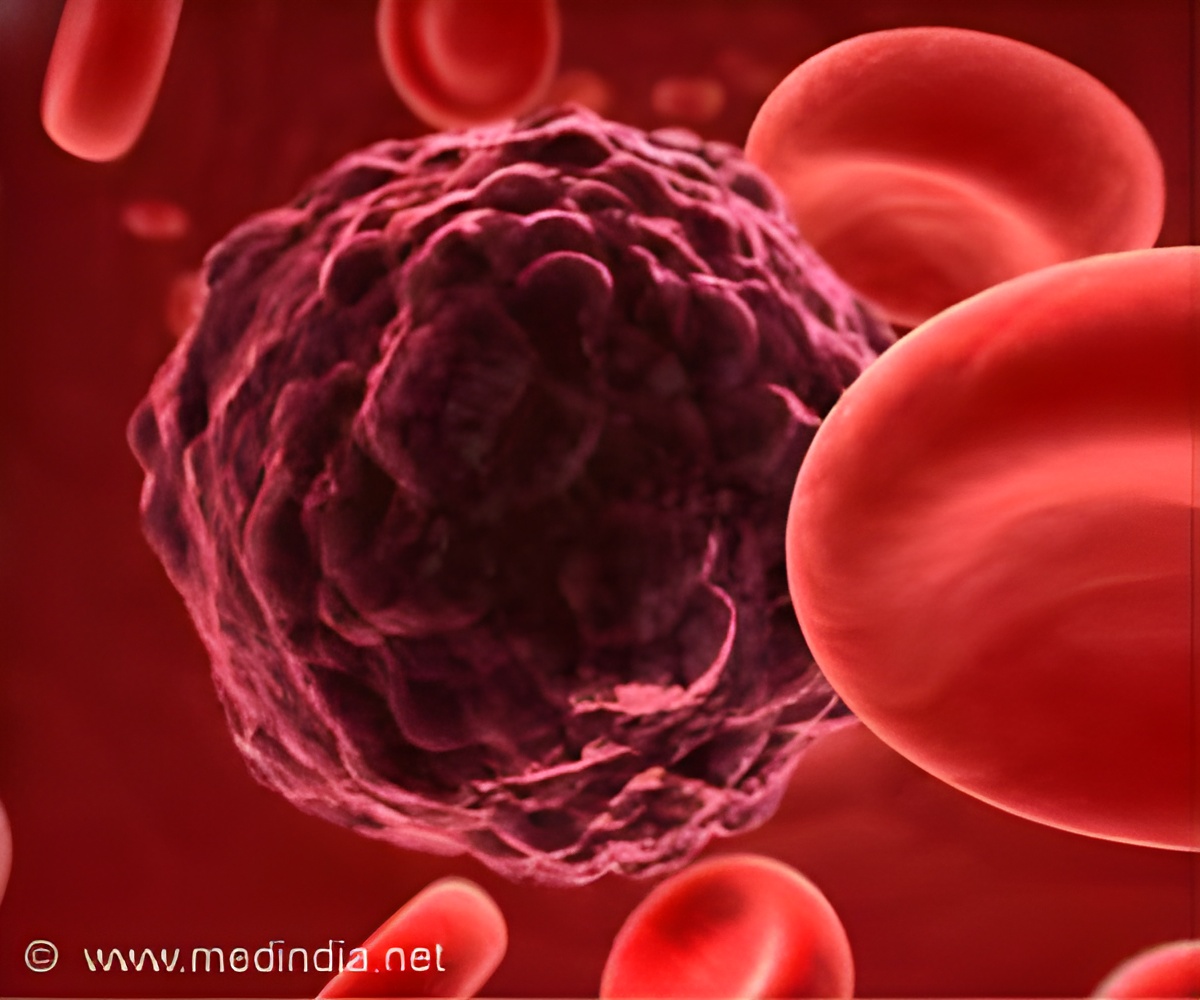
‘Contrary to the previous reports, few drugs did not kill cancer cells by binding to their targets. They are still effective when given to cells deficient in their target.’
Read More..Tweet it Now
Ann Lin and colleagues previously discovered that the small molecule OTS167 killed cancer cells by inhibiting proteins other than its designated target.Read More..
In this study, the authors used CRISPR gene editing techniques to examine the mechanisms of ten other cancer drugs that target one of six proteins, which have been reported as important for the survival of cancer cells in over 180 publications.
The drugs studied have been used in at least 29 different clinical trials involving a total of over 1,000 patients, and include prominent candidates such as citarinostat and ricolinostat, which are being tested against multiple myeloma.
Contrary to the previous reports based on RNA silencing, the drugs did not actually kill cancer cells by inhibiting their target proteins.
Rather, the drugs induced cell death through off-target mechanisms; for example, the authors found the true target of the drug candidate OTS964 (designed to target the PBK enzyme) was another enzyme named CDK11. Lin et al. argue that it will be necessary to adopt more rigorous genetic approaches in preclinical trials to verify that future drug candidates work as intended.
Advertisement











